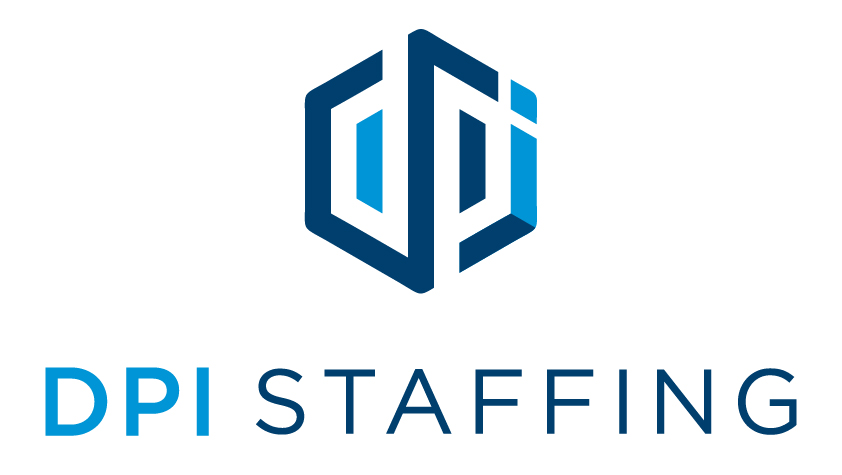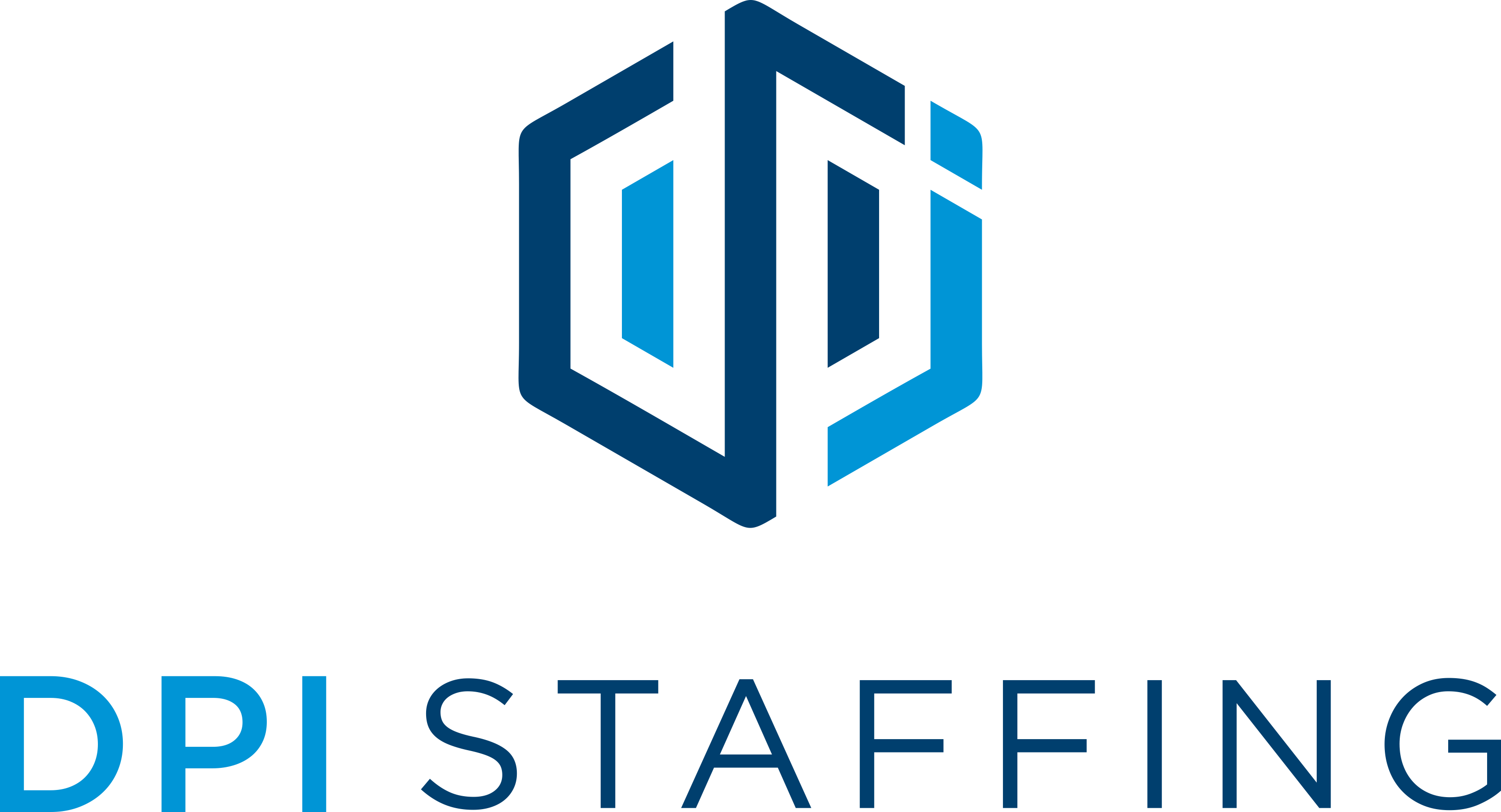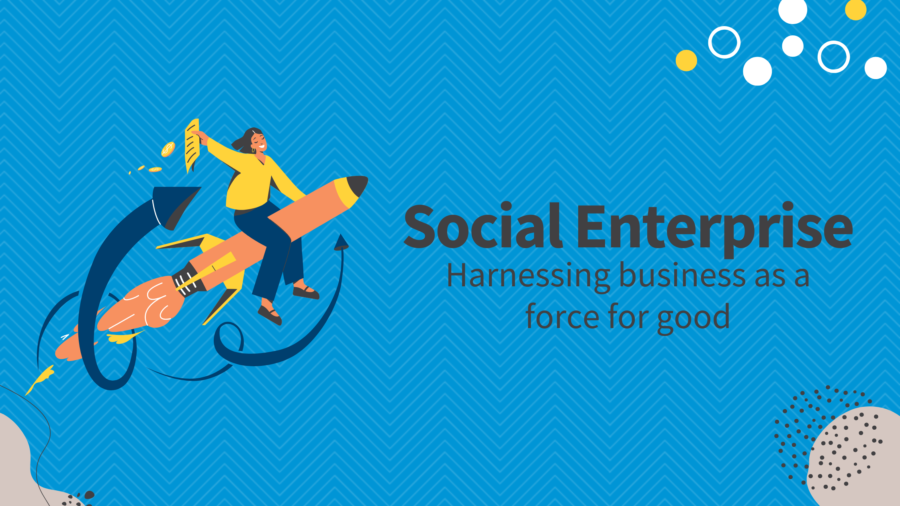In the past, business and social good were kept separate. Businesses sought profit with no regard to social impact, and charities did the opposite; they took donations that they used to impact the world in a positive way.
In recent years, though, the lines have blurred, and business and social impact aren’t mutually exclusive. Business can be a major force for good, and nonprofits can harness the power of business to increase their social impact. Today we’d like to chat about one of our favorite topics: social enterprise, and why you should support this innovative model.
What is a Social Enterprise?
We like how the Annie E. Casey Foundation defines social enterprises: “Revenue-generating businesses with a mission.” It’s short and sweet, and gets right to the point. Social enterprises do more than just donate a portion of their profit; a mission is actually built into their purpose and the way they operate.
Nonprofit and for-profit are descriptions of tax status, but not about what an organization actual does. Social enterprises can be incorporated in a variety of ways; they may be classified as for-profits, nonprofits and/or B Corporations, or even a combination. This really opens up an opportunity for mission-driven entrepreneurs to be flexible and select the tax status that makes the most sense for their mission.
Social enterprises run the gamut. They may aim to help a specific group of people, or to address larger issues like poverty or discrimination. They may be hyper-local, focused on one town or region, or international, attempting to reach people around the world. One popular social enterprise model you may be familiar with is buy one, give one. Bombas, for instance, sells socks and clothing items, and makes a donation of one item to someone in need for every one purchased. But social enterprises take on a variety of forms for a variety of missions.
Employment Social Enterprises: Creating Job Opportunities
Employment social enterprises (or ESEs) are, as REDF says, “businesses achieving transformative social impact – providing jobs, training, and support to people breaking through barriers to employment.” Countless ESEs around the United States provide employment opportunities in the creation of a variety of products and services.
Have you ever had Ben & Jerry’s ice cream? Greyston Bakery, which has an open hiring policy that creates job opportunities for individuals who face barriers to employment, makes the incredible brownies in those tantalizing pints. DPI Staffing’s headquarters are in Portland, Oregon, the home of Ground Up Nut Butters. Ground Up not only makes spectacular nut butters (seriously, try them), but also provides job training to women overcoming adversity in the Portland area.
We could make an incredibly long list of amazing employment social enterprises, but alas, we want to talk about our passion: Staffing!
Alternative Staffing Organizations: Using Staffing as a Force for Good
Alternative staffing organizations (ASOs) are a type of employment social enterprise. According to the Alternative Staffing Alliance (of which DPI Staffing is a member), ASOs “deliver competitive staffing services that connect employers with qualified, motivated talent while supporting thousands of marginalized job seekers to enter the labor market and achieve their employment goals.”
Take DPI Staffing, for instance. We are a subsidiary of The DPI Group, a nonprofit social enterprise whose mission is to provide employment opportunities to people who face barriers to employment. We operate like a traditional staffing agency – you call us, we send you employees – but we create job opportunities for those who really need them.
Temporary staffing has clear benefits for its clients, and temporary employment can be a great asset in an individual’s career journey. By gaining experience, working in different positions and for different types of employers, and making connections, all while earning wages, employees are better prepared for the job market. Every year our clients hire more than 100 of our employees on permanently, meaning that temporary staffing can be a great transitional bridge to permanently employment.
Support Social Enterprise
We hope this brief introduction into the world of social enterprise caused you to think more about how business can be a force for good. What if the dollars you’re already spending, whether on food, clothing, cleaning supplies, gifts or business services, could also be doing social good? What if your spending could provide a job for someone getting back on their feet? We all vote with our dollars, and your dollars truly can make a difference.


